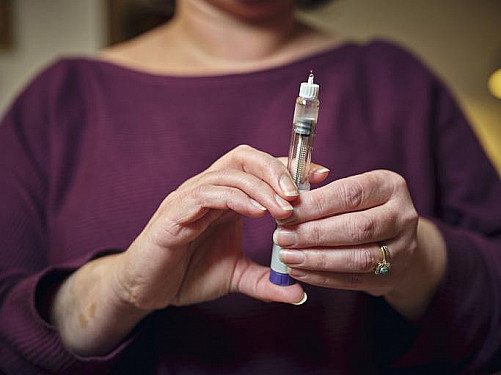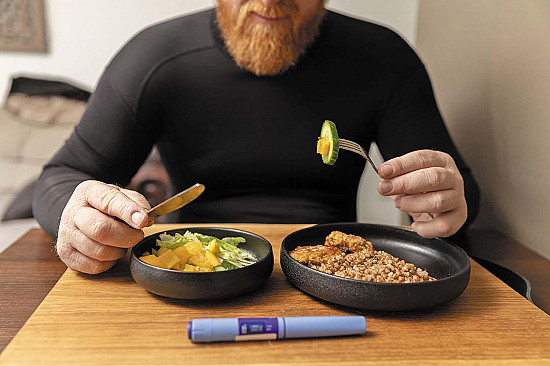Have heart problems? Harvard researchers caution against marijuana use
News briefs

Smoking tobacco is a major cause of high blood pressure, heart disease, heart attack, and stroke. But did you know that smoking marijuana may also be associated with the same problems? A Harvard research review published Jan. 28, 2020, in the Journal of the American College of Cardiology found that more than two million U.S. adults with cardiovascular disease are smoking pot despite the risks, although they may not be aware of the potential link to heart problems. Studies on marijuana use have been limited, primarily because the substance has been illegal for decades. Scientists are calling for more research, since medical marijuana use is now legal in more than 30 states, and recreational use is legal in 11 states and the District of Columbia. "Until we have more answers about the connection between using marijuana and heart problems, you should consider avoiding smoking any form of pot if you have known heart disease or a high risk for a heart attack or stroke," suggests Dr. Deepak L. Bhatt, a study author and editor in chief of the Harvard Heart Letter.
Image: © Alexandrum79/Getty Images
Disclaimer:
As a service to our readers, Harvard Health Publishing provides access to our library of archived content. Please note the date of last review or update on all articles.
No content on this site, regardless of date, should ever be used as a substitute for direct medical advice from your doctor or other qualified clinician.















